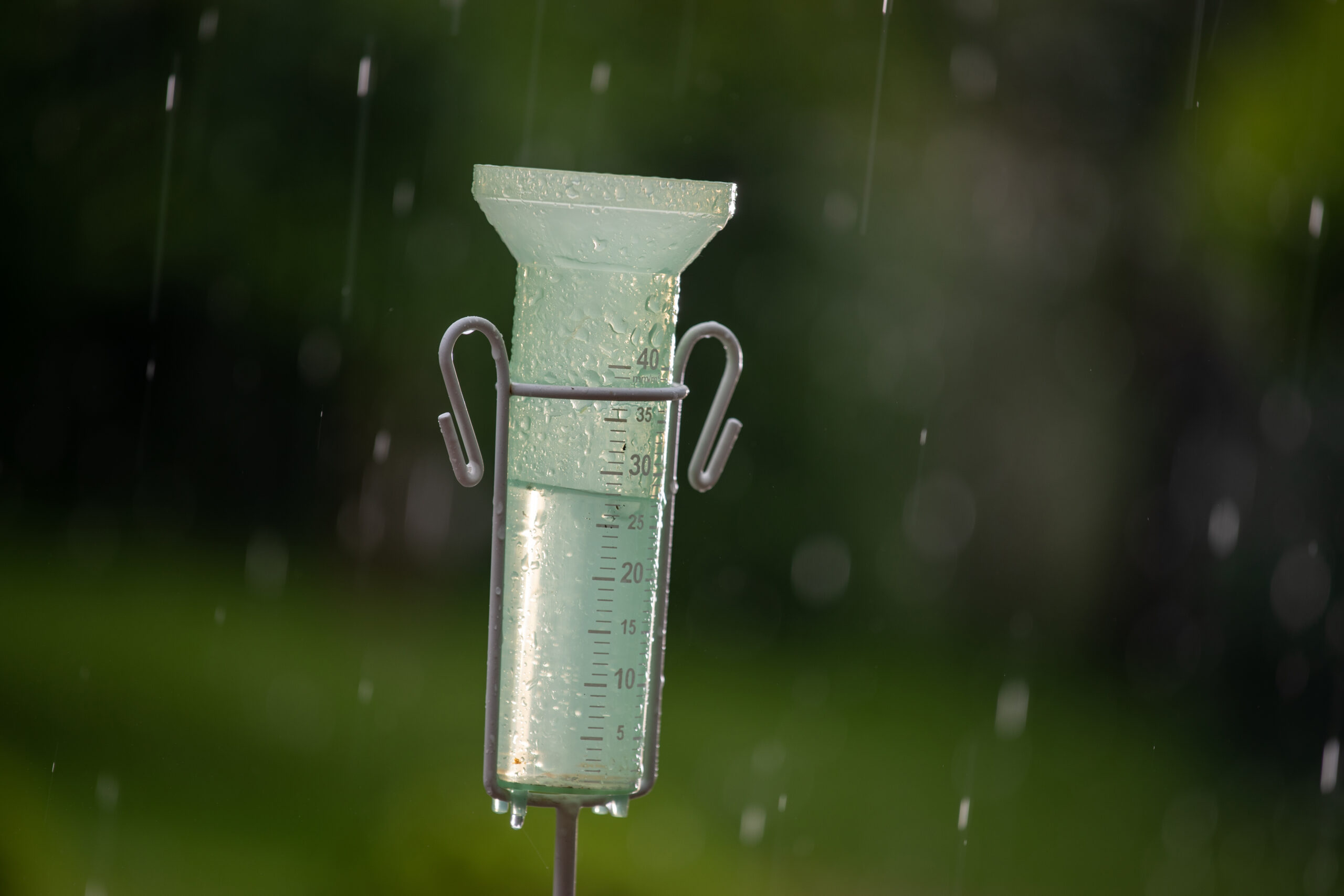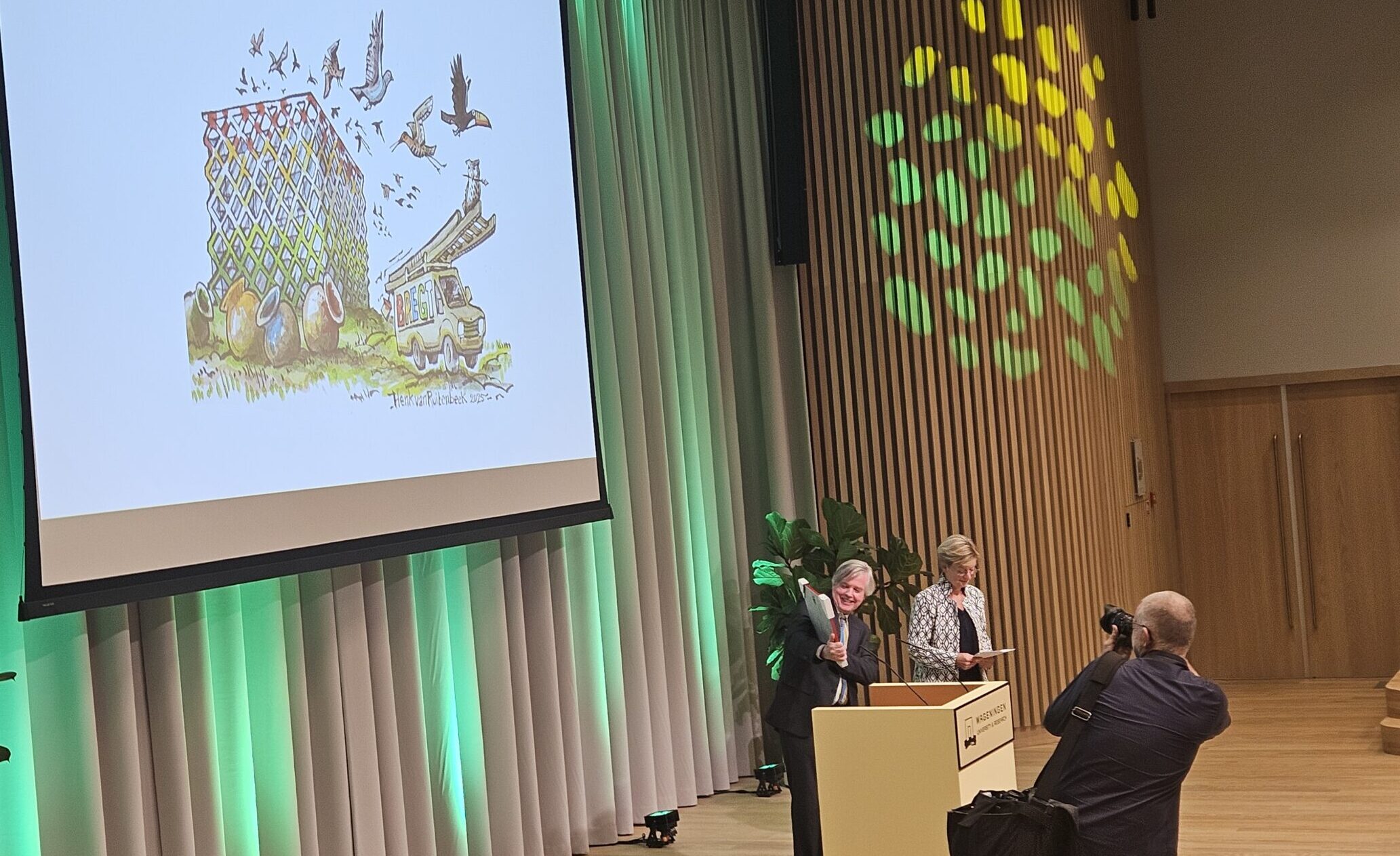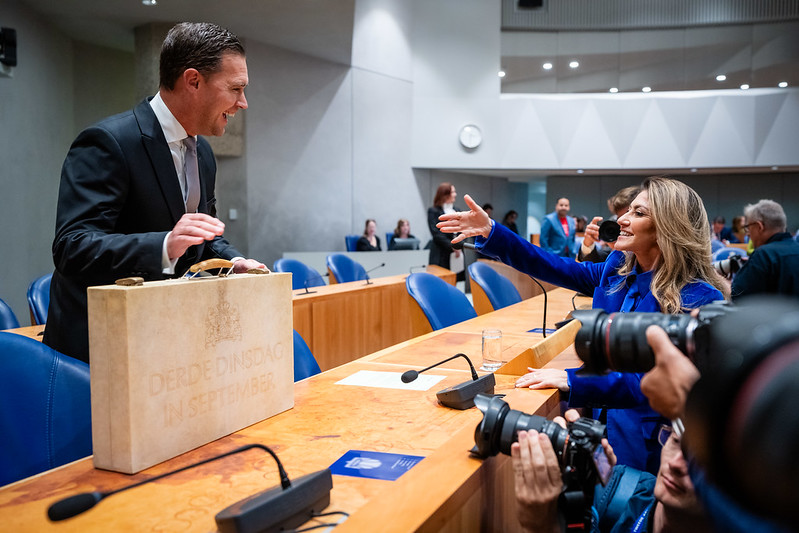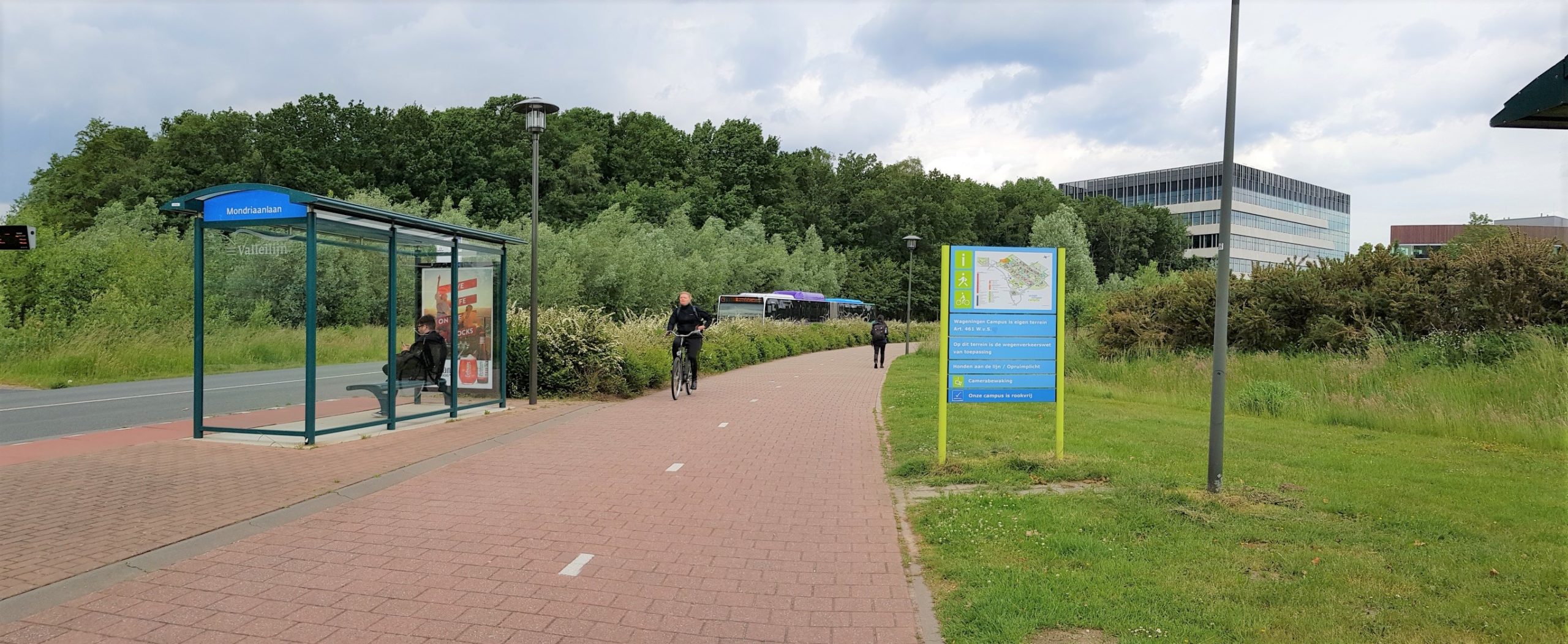WUR’s experimental farm De Marke in Hengelo (Gelderland), is located in one of the most drought-sensitive regions in the Netherlands and facilitates various drought-related studies. Following a month of record dryness, Resource asked researcher Gerjan Hilhorst how things are going.
Happy with Monday’s downpour?
‘Over 20 mm of precipitation was recorded, which was somewhat overdue—still, aridity is not the main issue. The grass was mostly affected by the cold nights: last Sunday, temperatures dropped to minus ten degrees at ground level. This hampers grass growth, which makes the drought less of an issue. Moreover, we had plenty of rain in February, resulting in the highest groundwater level we have seen in years.’
To what degree do the erratic patterns of precipitation help or hinder the drought studies?
‘They underscore the urgency of this research. Higher sandy soils such as De Marke call for a better defence against dry summers. We investigate, for example, whether mixing the soil with clay is helpful (it is) and what effect drip-irrigation has on maize cultivation. Moreover, we monitor what effect nightly irrigation of the fields in the winter is on the groundwater levels and crop yields for the Water Authorities, who are busy trying to bring and retain water into this area. Several livestock farmers around De Marke pumped water from adjacent ditches onto their meadows this winter, enabling us to study whether this soil infiltration renders it more resistant to drought.’
The coming season is to show whether these experiments bear fruit?
‘Precisely. We are ready. For the remainder of the week, we expect some rain every day. Now, all we need is some increase in temperatures to get the grass growing. Oh well, a farmer always has something to wish for.’

 Photo Shutterstock
Photo Shutterstock 

